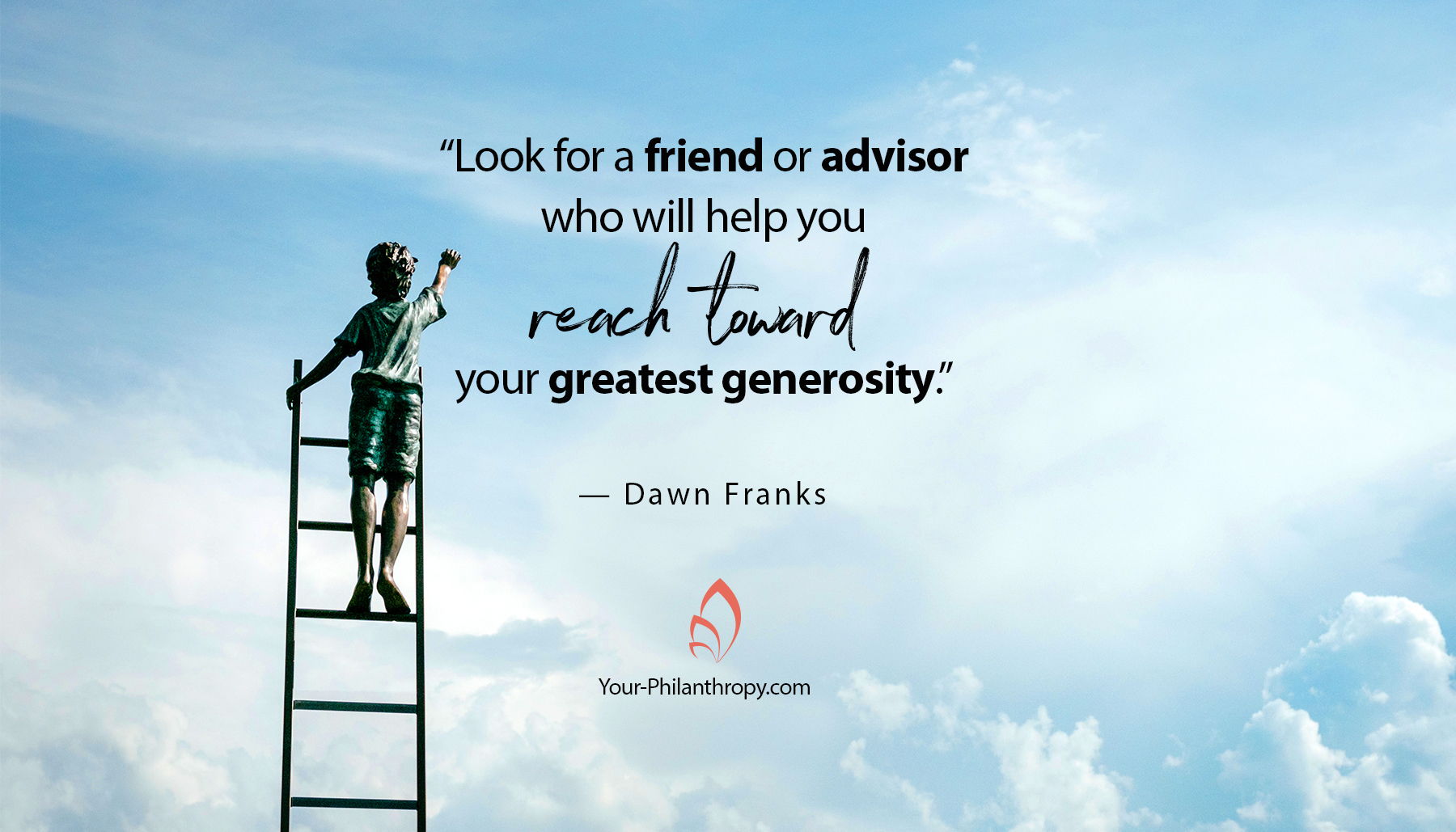What does the act of giving look like for you? What happens in your mind between the time you hear or read a story that describes a need and when you make the contribution? Is the desire to contribute a heart response or a mind response? Most likely it is both.
Dr. Jen Shang, a Philanthropic Psychologist and Director of Research at the Hartsook Centre for Sustainable Philanthropy in Devon, Southwest England, and also an assistant professor at Indiana University-Bloomington says individuals have three psychological needs. All three are important to every aspect of your life.
Everyone Has Psychological Needs
- Competence
- Autonomy
- Positive relationships
Considered by many to be the only philanthropic psychologist in the world, Dr. Shang focuses her work with donors around these three aspects, with an emphasis on a donor’s desire to be philanthropic.
If a discussion with a psychologist brings on fear and dread of prodding and probing into your mind, emotions, and behavior, then I have good news. The dredging up of painful stories you prefer to leave in neatly sealed boxes can stay stacked in the corners of your mind.
If you should chance a meeting with Dr. Shang, it is safe to say her prodding and probing will focus on how you think about your giving decisions, the emotional connections and the generosity that flows from it all.
That is a box you can safely unpack with a capable giving advisor.
How do you find your own personal giving advisor?
Make a list of individuals you’re willing to talk to about giving. Look for these three critical skills.
- Attentive Listener – someone who is attentive and responsive to your stories
- Value Finder – someone who can identify and reflect your values as they listen to your stories
- Goal Setter – someone who will help you set giving goals and learn from the experience
Look for all three skills in one person. Or at least two out of three.
The attentive listener will ask questions about your previous giving and listen while you share stories of donations that mattered to you or missed their mark. The attentive listener will neither criticize your gift choices nor be too quick to add their suggestions and ideas.
The value finder will focus on the critical values that show up in your stories. You respond to immediate needs like alleviating hunger today or you are more interested in a program being effective. You’re drawn to give to programs that demonstrate success.
You might love to be on the cutting edge and comfortable funding trial and error on the way to a successful program. The value finder will hear what’s important and be able to describe it back to you.
The goal setter will help you identify ways you can target giving toward a particular area of interest, or figure out questions to ask to find successful programs.
The goal setter will help you set goals that are reasonable for you today and be able to check in with you in the future to see what you are learning.
Look for a friend or advisor who will help you reach toward your greatest generosity.
It might be a close friend, spouse, grandparent or aunt. It might be your financial advisor or CPA. It might be a philanthropic advisor or someone at the local community foundation. You don’t have to travel to Indiana to find Dr. Shang.
You will find the right person to discuss your philanthropy and giving goals much closer than you expect.
Dr. Shang also says there should be a living benefit to giving. I agree with her. The donor should feel a personal connection to the program or the organization, at least at the time of making the gift. And it can mean even more when the benefit has a long-lasting burn.
A giving discussion helps you define the living benefit for you. It’s worth the investment of your time, especially when giving matters and you want the long-lasting burn.
Like it? Use it. Share it. Comment Below.


0 Comments